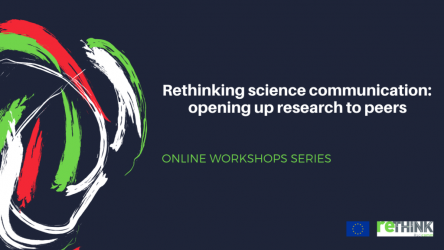- Workshop
The so called infodemic around Covid 19 and the rise of misinformation has raised once more the need for quality science communication. However, the demands for “quality science communication“ leave the question of what this actually means unanswered.
Questions arise, such as: what is good science communication online? Are there criteria to assess science communication quality? And how do they differ when we compare, for instance, science media reporting, science podcasts or scicomm stories on Instagram, to name but few examples?
The workshop aims to address these questions in a discursive way. To this end, we will present results from a Delphi study that explored issues around quality in science communication in digital contexts. In the course of the study approx. 30 science communication scholars from around the globe shared their perspectives on how to assess and how to promote science communication quality online.
This workshop will provide an opportunity to hear about the research findings and discuss their implications. We anticipate focusing particularly on how quality criteria could be applied by actors ranging from university press officers to bloggers. All of whom are increasingly prevalent in the digital sphere.
Led by Dr Emma Weitkamp – University of the West of England, Dr Birte Fähnrich – Zeppelin University
Date: 10 May 2021, 14:00 CET
Register here.

